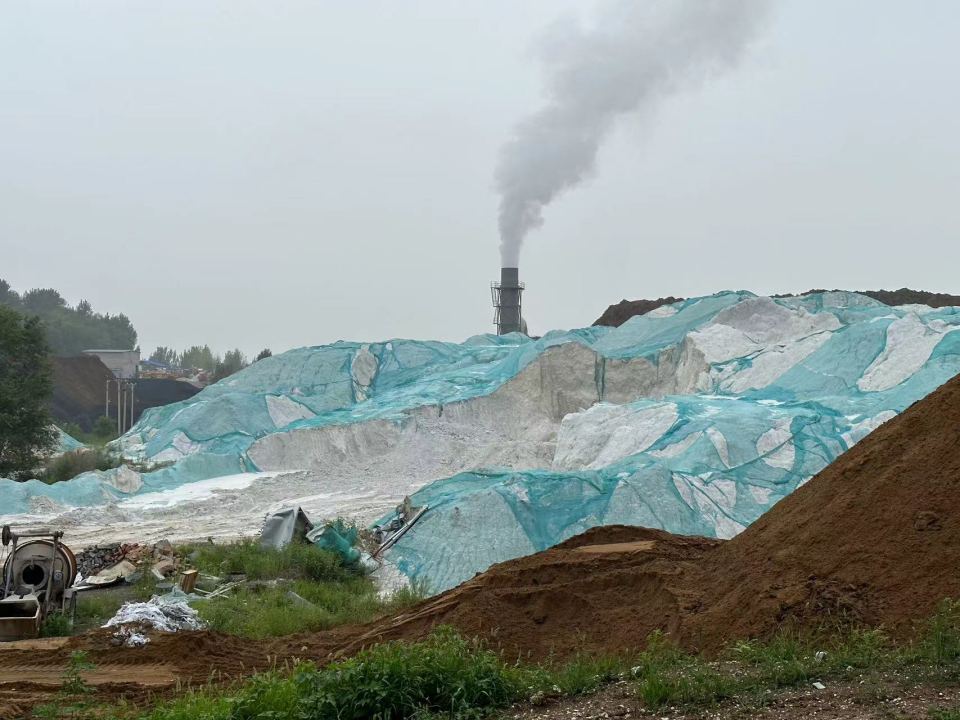
environmental protection
The refractory industry plays a crucial role in various sectors such as steel, cement, and glass production. While ensuring the efficiency and durability of industrial processes, it is equally essential for this industry to prioritize energy conservation and environmental protection.
One of the key ways the refractory industry promotes energy conservation is through the development and utilization of advanced refractory materials. These materials are designed to withstand high temperatures, reducing heat loss and improving energy efficiency in industrial furnaces and kilns. By using these innovative materials, companies can significantly decrease their energy consumption and carbon emissions.
Another significant aspect of environmental protection in the refractory industry is the proper disposal and recycling of refractory materials. Instead of sending used refractories to landfills, companies are increasingly adopting recycling methods to reclaim valuable resources. This not only reduces waste but also conserves natural resources and minimizes the environmental impact associated with mining and extraction.
Moreover, refractory manufacturers are embracing sustainable manufacturing practices. They are actively seeking ways to reduce water and energy consumption during production processes. By implementing efficient technologies and optimizing manufacturing procedures, the industry as a whole can contribute to a greener and more sustainable future.
Furthermore, the refractory industry is investing in research and development to develop eco-friendly alternatives to traditional refractory materials. This includes exploring the use of renewable and recyclable materials, as well as investigating new manufacturing techniques that reduce the environmental footprint.
In addition to these efforts, the refractory industry is also focusing on employee education and awareness. Companies are organizing training sessions and workshops to educate their workforce about the importance of energy conservation and environmental protection. By involving employees in these initiatives,the industry fosters a culture of sustainability that extends beyond manufacturing processes.
In conclusion, the refractory industry is committed to energy conservation and environmental protection. Through the development of advanced materials, recycling initiatives, sustainable manufacturing practices, and employee education, the industry strives to minimize its ecological impact. By prioritizing these measures, the refractory sector contributes to a cleaner, more sustainable future while maintaining its critical role in
industrial processes.
Qianhe refractories will uphold the original intention, renew energy conservationo and environment protection equipments..Adhere to protection of the environment.

